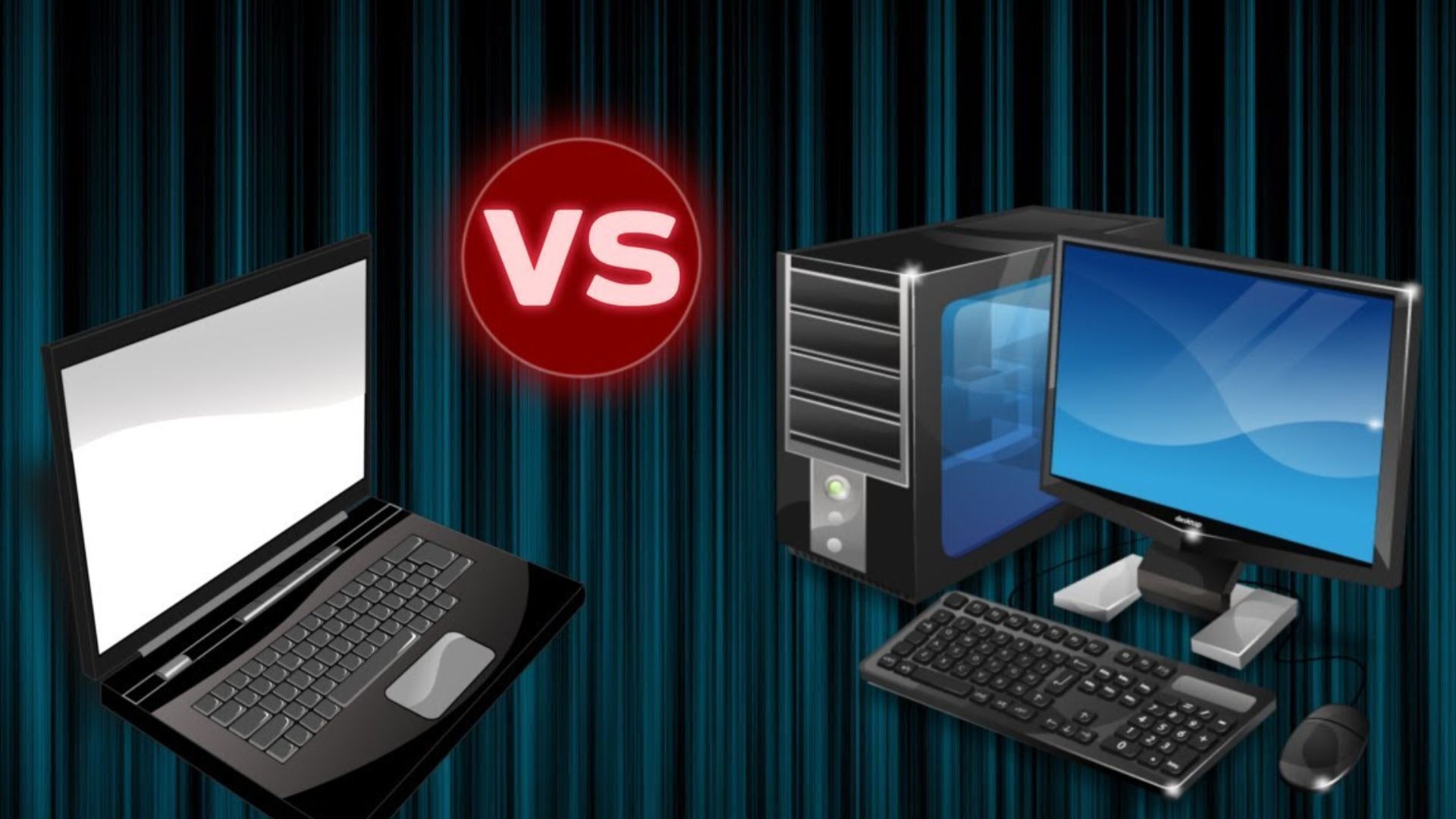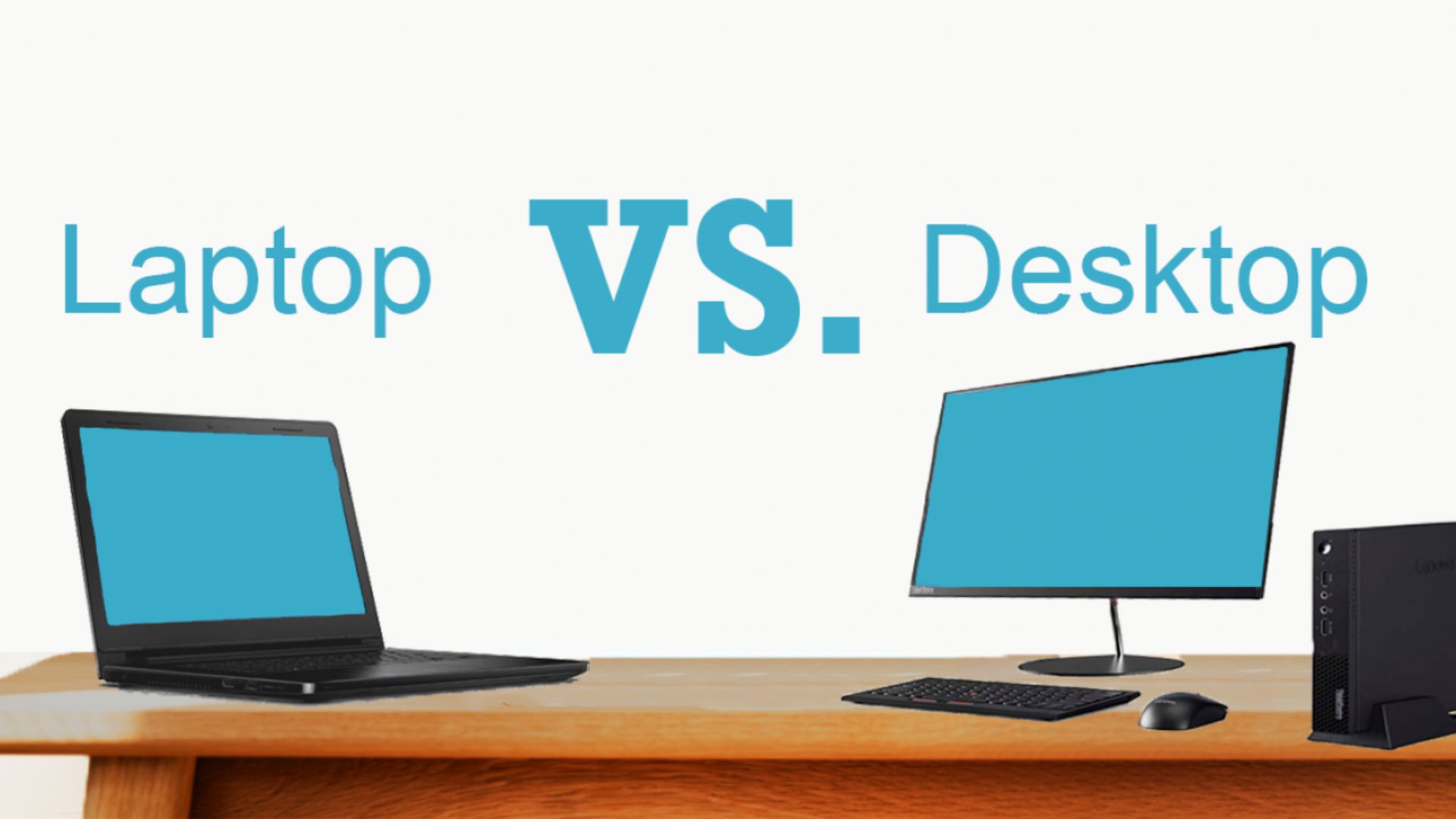Laptops and desktops stand as the primary contenders in the realm of computing, each presenting unique advantages and drawbacks to users. Laptops offer portability and convenience, ideal for those who require on-the-go computing power. Conversely, desktops often provide greater performance capabilities and upgradability, catering to users with demanding computational needs. When choosing between the two, factors such as mobility requirements, usage patterns, budget constraints, and desired specifications play crucial roles. By carefully considering these factors, users can make informed decisions that align with their specific needs and preferences in the ever-evolving landscape of technology.
The Desktop’s Might
Desktops, the traditional workhorses of the computing world, remain a popular choice for users who prioritize raw power and functionality. Housed in a central tower, desktops boast several advantages:
Unmatched Processing Power
Desktops typically offer superior processing capabilities compared to laptops. This translates to smoother performance for demanding tasks like video editing, complex data analysis, and high-end gaming. Powerful processors paired with dedicated graphics cards ensure seamless multitasking and stunning visuals.
Upgradeability Advantage
Unlike laptops, desktops excel in upgradeability. Users can easily swap out components like the CPU, RAM, and graphics card to enhance performance over time. This future-proofs your investment, allowing you to adapt your desktop to evolving software and hardware requirements.
Ergonomic Edge
Desktops offer a more ergonomic setup. Larger screens promote better viewing angles, while dedicated keyboards and mice provide a more comfortable typing experience compared to laptop keyboards. This reduces strain on your eyes, wrists, and back, especially during extended work sessions.
However, desktops also come with limitations:
Limited Mobility
Desktops are inherently stationary. Their bulky size makes them impractical for taking on the go or using in different locations. This lack of mobility restricts their use of a dedicated workspace.
Space Considerations
Desktops require dedicated desk space. This can be a concern for users with limited space, especially in smaller apartments or dorms.

The Laptop’s Liberation
Laptops, on the other hand, prioritize portability and convenience. These compact devices integrate the processing unit, display, keyboard, and touchpad into a single unit, making them ideal for users who require mobility:
Unmatched Portability
Laptops are the epitome of flexibility. Their lightweight design and compact size allow users to work from anywhere – coffee shops, aeroplanes, or even on their couches. This portability is invaluable for students, business travelers, and anyone who needs to be productive on the go.
Wireless Freedom
Laptops boast built-in Wi-Fi and Bluetooth connectivity, eliminating the need for cumbersome wires. This allows users to seamlessly connect to the internet and peripherals without worrying about cables.
Space-Saving Design
Laptops require minimal desk space compared to desktops. This makes them ideal for users with limited workspace or those who desire a more minimalist setup. Additionally, some laptops offer convertible designs with touchscreen functionality, blurring the lines between laptops and tablets.
However, the advantages of laptops come with some trade-offs:
Performance Limitations
Due to space constraints and thermal limitations, laptops generally offer less processing power compared to desktops. While some high-end gaming laptops offer impressive performance, they often come at a premium price.
Limited Upgradeability
Upgrading components in laptops is typically more challenging compared to desktops. While some components like RAM or storage might be user-upgradeable, core components like the CPU or graphics card are often soldered onto the motherboard, limiting upgradeability.
The Final Verdict
When choosing between desktops and laptops, consider your needs: Power users benefit from desktops’ raw processing power and upgradeability, while professionals on the go find laptops’ portability ideal. Budget-conscious buyers often prefer desktops for their value, while space-constrained users opt for the compact design of laptops. Ultimately, your choice depends on your priorities and how you plan to use the device.
Conclusion
In conclusion, both desktops and laptops offer distinct advantages and disadvantages. By understanding your specific needs and priorities – power, portability, budget, and space – you can make an informed decision and select the perfect tech companion for your digital journey.

